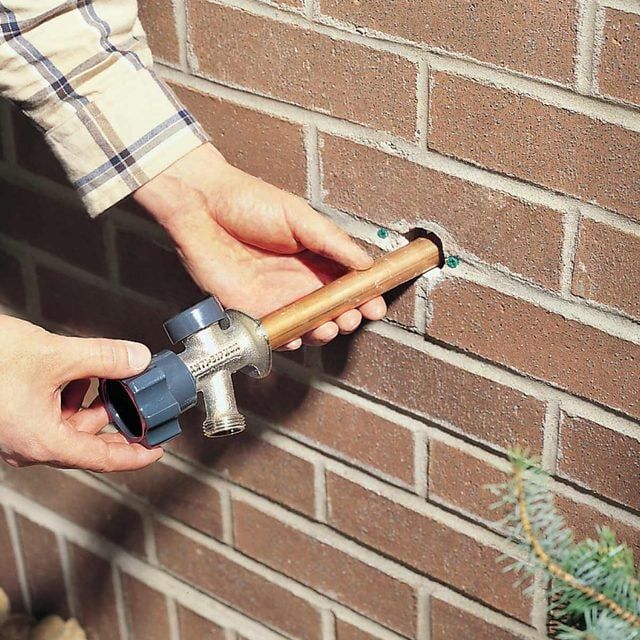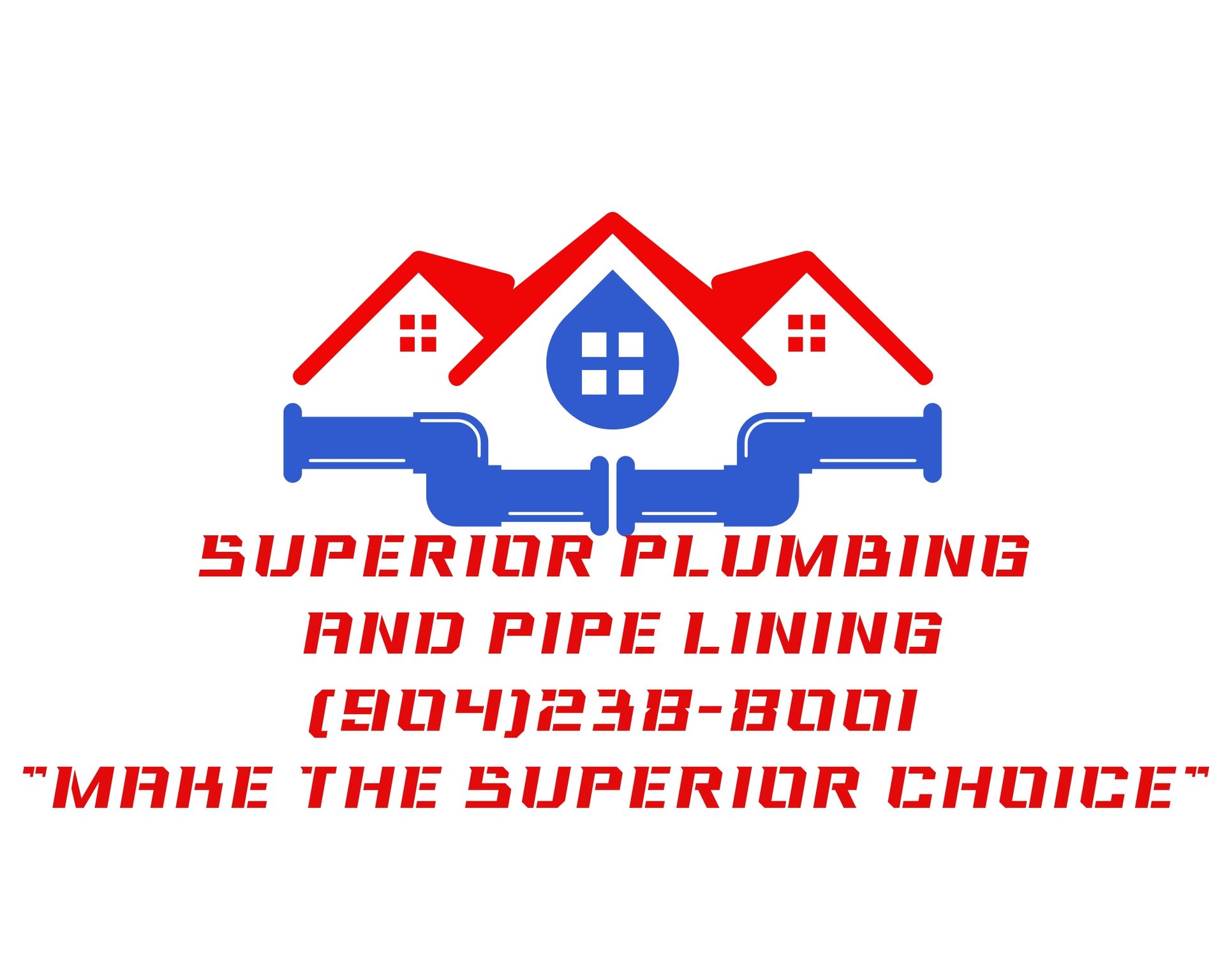
Can Plastic Anchors Hold Hose Bibbs Safely?
Hose bibbs, also known as outdoor spigots or sillcocks, are essential fixtures for any home, especially when it comes to gardening, washing cars, or filling pools. While they may seem like a minor feature, the way they’re installed makes a big difference in long-term function and safety. One common question homeowners ask is whether plastic anchors are a reliable option for securing hose bibbs. It’s a fair concern—after all, these fixtures are subjected to regular pulling, twisting, and pressure from hose attachments.
Plastic anchors play a role in hose bibb installations, but it’s important to know when they may or may not be safe, and what alternative methods ensure a secure setup. Different wall materials impact anchor choices and can influence when it’s best to bring in the pros.
Understanding Plastic Anchors
Plastic wall anchors are a go-to solution for light-duty applications. They're affordable, easy to install, and work well in materials like drywall and hollow concrete block when holding lightweight objects like picture frames, curtain rods, or shelves.
But hose bibbs are not lightweight accessories. They are frequently used, and the repeated connection and disconnection of hoses can place significant strain on the fixture and its mounting point. When water pressure is added into the equation, especially in freeze-resistant models that extend into the wall, the risk of movement or even complete detachment increases.
So, can plastic anchors hold hose bibbs safely? The short answer is: not usually—at least not long-term or under frequent use.
How Does the Type of Wall Material Affect Anchor Choice?
The material your exterior wall is made of plays a significant role in determining the right type of anchor for hose bibb installation.
Brick and Concrete: These are sturdy surfaces that can support heavier-duty anchors. Plastic anchors may hold initially, but they tend to loosen over time due to vibration, pressure, and expansion from freeze-thaw cycles. In these cases, masonry screws or metal anchors are a better choice.
Stucco: Stucco over lath and sheathing can be fragile under pressure. Installing a hose bibb directly into stucco with plastic anchors can crack the surface and weaken the fixture’s hold. A better solution might involve toggle bolts or sleeve anchors depending on the depth and what’s behind the stucco.
Drywall or Wood Siding (Interior Mounts or Basement Areas): Plastic anchors may work for temporary setups or for bibbs not under much stress. However, repeated hose use or pulling can still loosen the anchors. Threaded anchors or screw-in anchors are stronger here, but the best approach is usually fastening directly into a stud or solid wood backing.
Knowing your wall material is step one in selecting the right fastener. Plastic anchors have their place—but when it comes to hose bibbs, stronger is better.
What Alternative Anchoring Methods Provide Better Stability for Hose Bibbs?
If plastic anchors are off the table for most hose bibb installations, what should you use instead?
Masonry Screws (Tapcon®): Perfect for brick, stone, or concrete walls. They bite into hard surfaces and provide a very secure hold.
Lag Screws with Expansion Anchors: Great for masonry or concrete, this combo ensures a tight grip, especially if the bibb needs to support frequent hose usage.
Toggle Bolts: For hollow walls like those with stucco or hollow block construction, toggle bolts spread the load over a wider area, reducing the chance of failure.
Backer Boards: In new construction or remodels, adding a pressure-treated wood block behind the siding or wall surface offers the most secure base for a hose bibb to mount into using regular wood screws.
These alternatives are not only more stable but also designed to handle the stress that comes with outdoor water use.
When Should Metal Anchors or Masonry Screws Be Used Instead of Plastic Anchors?
Here are some clear signs that plastic anchors aren’t the right choice:
- You’re installing on brick, stone, or concrete: Plastic anchors can’t compete with the holding power of a properly driven masonry screw.
- The hose bibb will see frequent or heavy use: If you regularly attach hoses, wash your car, or use accessories like sprinklers, the stress will wear down plastic anchors quickly.
- There are signs of movement or leaks: If your current hose bibb wiggles, leaks around the base, or seems loose, it’s time to reinstall it properly with stronger fasteners.
- The installation area is exposed to extreme temperatures or vibration: Freeze/thaw cycles or vibrations from attached devices can loosen weak anchors fast.
- If your situation checks any of these boxes, it’s worth upgrading to a more durable anchoring system.
When Should You Consult a Professional for Hose Bibb Installation?
Not every home project needs a professional—but when it comes to water fixtures connected to your plumbing system and mounted to exterior walls, there's more at stake.
Consider calling a professional plumber when:
- You're unsure what’s behind the wall or how to mount into it securely.
- The hose bibb connects directly to your main water line.
- There's evidence of prior damage or leaks.
- You're upgrading to a frost-proof model or relocating the fixture.
- You don’t have the proper tools for masonry or threaded fasteners.
A poorly installed hose bibb can lead to water damage, wasted water, and costly repairs. A licensed plumber will ensure not just a secure mount, but also a leak-free, code-compliant installation. Plastic anchors might seem like a quick fix, but when it comes to hose bibbs, they often fall short.
The water pressure, physical strain from hoses, and environmental exposure are too much for most plastic fasteners to handle long-term. Depending on your wall material and how the fixture will be used, stronger options like masonry screws, toggle bolts, or lag screws are a much better investment.
Ultimately, a secure hose bibb isn’t just about convenience—it’s about protecting your home and plumbing system.
Let Superior Plumbing Anchor It Right the First Time
Don’t risk a loose fixture or water damage! At Superior Plumbing, we specialize in safe, code-compliant hose bibb installations and repairs. Whether you’re dealing with brick, stucco, or drywall, our licensed plumbers will ensure your outdoor spigot is mounted securely—and built to last.
Call us today for a professional installation that stands up to pressure!
